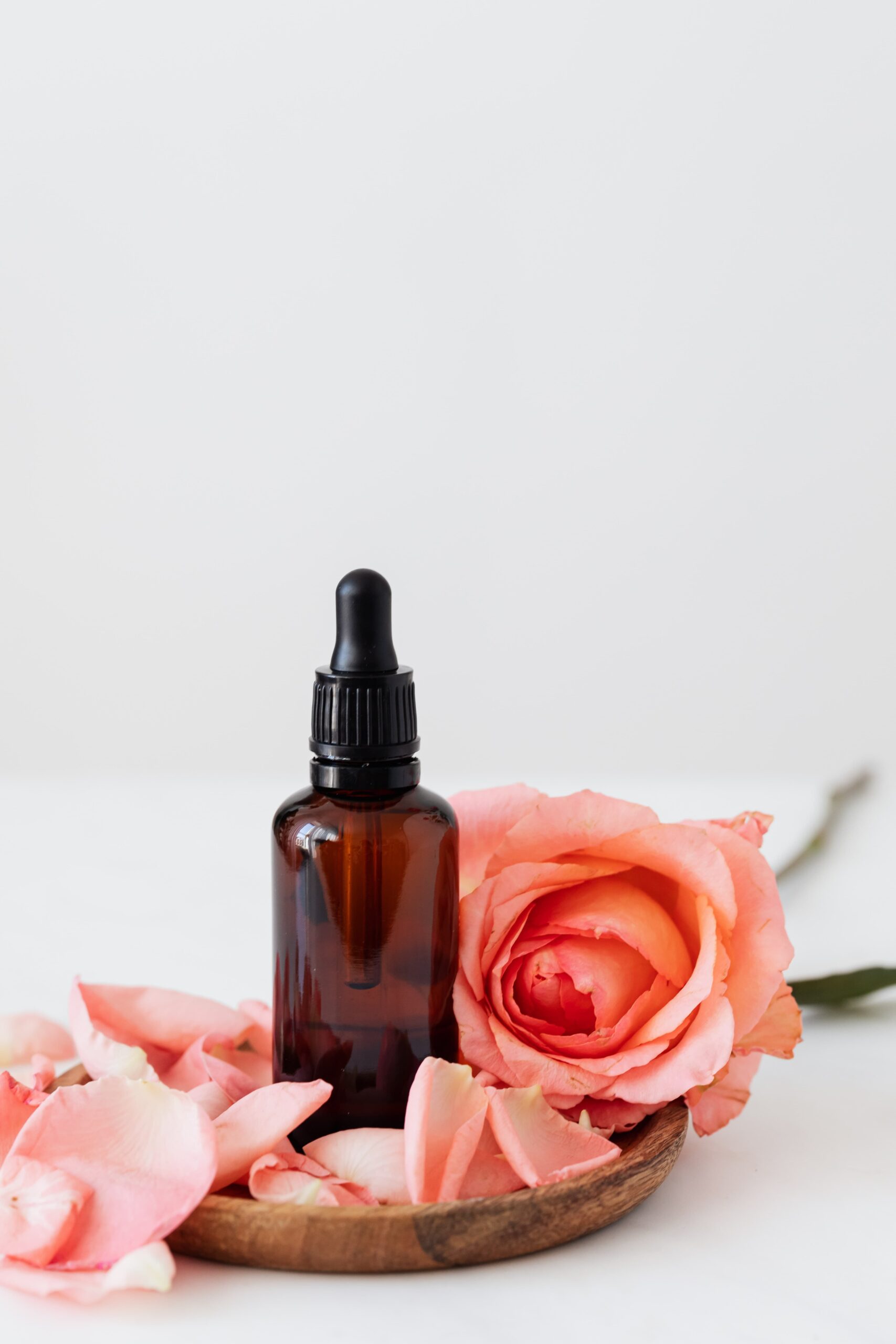Sleep is one of the most vital elements for natural healing and maintaining overall well-being. In the hustle and bustle of everyday life, it’s easy to overlook how crucial a good night’s sleep is. However, sleep isn’t just a time for the body to rest it’s a period of deep restoration and healing. Whether you’re recovering from an illness, stress, or simply aiming to stay healthy, sleep plays a key role in how well your body heals and performs.
Why Sleep Is So Essential for Healing
Sleep is not just a break from daily activities; it’s the body’s chance to recover, rebuild, and restore. During the hours of sleep, your body is actively working on repairing muscles, tissues, and cells that may have been strained during the day. Your body also focuses on healing the mind, processing emotions, and restoring balance.
There are two main types of sleep: Non-REM (NREM) sleep and REM (Rapid Eye Movement) sleep. Both types play distinct roles in the healing process:
Non-REM Sleep: This stage includes the deeper phases of sleep, where the body does most of its repair work. During NREM sleep, your body releases growth hormones that help repair tissues, build muscles, and strengthen the immune system.
REM Sleep: REM sleep is the stage where your brain is most active. It processes emotions, helps consolidate memories, and removes toxins from the brain. This stage is essential for mental healing, improving cognitive function, and emotional well-being.
Sleep and Physical Healing
One of the most obvious benefits of sleep is its impact on physical healing. If you’ve been engaging in physical activities, recovering from an injury, or dealing with any form of physical stress, your body uses sleep to recover.
During sleep, blood flow increases to the muscles, and growth hormone is released, supporting the repair of damaged tissues. This means that sleep plays an important role in the recovery of your body’s muscles, organs, and cells. Without proper rest, this repair process is hindered, and your body may take longer to recover from any physical exertion or injury.
Sleep and the Immune System
A well-rested body has a stronger immune system, helping you fend off infections and illnesses. During sleep, your body produces cytokines, proteins that fight inflammation and infections. Without enough sleep, the immune system becomes weaker, making it harder for your body to defend itself against sickness.
Good sleep doesn’t just help your body heal when you’re sick it also plays a preventative role. A strong immune system, supported by quality sleep, is better equipped to fight off illnesses before they take hold.
Sleep and Mental Health
Mental health is another area where sleep plays a significant role. When we sleep, our brains process and deal with the emotions and stresses we’ve experienced during the day. Sleep is the time when the brain consolidates memories, processes emotional experiences, and restores balance.
A lack of sleep can lead to irritability, anxiety, and depression. Sleep gives your brain the time it needs to reset and process emotions, leading to better mental clarity and a more balanced mood. It’s essential for emotional healing and regulating stress levels.
How Much Sleep Is Enough?
The amount of sleep you need varies based on your age, lifestyle, and health, but most adults require 7-9 hours of sleep per night. However, some people might need more or less sleep depending on their specific needs.
Children and Teenagers: These age groups require more sleep due to the demands of growth and development. They typically need 9-12 hours of sleep.
Adults: For most adults, 7-9 hours is the ideal range for optimal health and recovery.
Older Adults: Older individuals might need slightly less sleep, but quality rest is still important for maintaining their health.
If you’re feeling tired or sluggish despite getting the recommended hours of sleep, it could be a sign that the quality of your sleep isn’t what it should be.
Tips for Improving Sleep Quality
To make sure you’re getting the full benefits of sleep, it’s important to not just get enough rest, but also ensure that your sleep is high-quality. Here are some practical tips for improving your sleep hygiene:
Stick to a Sleep Schedule: Go to bed and wake up at the same time every day. This helps regulate your body’s internal clock and makes falling asleep and waking up much easier.
Create a Comfortable Sleep Environment: Keep your bedroom dark, cool, and quiet to improve your sleep. If necessary, use blackout curtains, earplugs, or a white noise machine to block out distractions.
Limit Screen Time Before Bed: The blue light from electronic devices can interfere with the production of melatonin, a hormone that helps you fall asleep. Try to avoid screens for at least an hour before bedtime.
Relax Before Bed: Incorporating calming activities like meditation, deep breathing, or gentle stretching before bed can help calm your mind and prepare your body for sleep.
Watch Your Diet: Avoid large meals, caffeine, and alcohol late in the day. These can interfere with your ability to fall asleep or stay asleep.
Stay Active During the Day: Regular exercise helps improve sleep quality, but try to avoid strenuous activity right before bed, as it might make it harder to wind down.
The Connection Between Sleep and Long-Term Health
Chronic sleep deprivation can contribute to serious health issues like heart disease, diabetes, and high blood pressure. Poor sleep has also been linked to an increased risk of obesity and chronic pain. That’s why sleep is an essential component of long-term health.
When you consistently get enough quality sleep, you give your body the best chance to stay healthy and prevent these long-term conditions. Sleep is a natural healer, and by making it a priority, you’re taking a big step toward improving your overall health.
Conclusion: Embrace the Healing Power of Sleep
Sleep is a fundamental process that plays a crucial role in both physical and mental health. It’s the time when your body gets the opportunity to heal, recover, and restore balance. Quality sleep enhances your immune system, repairs muscles, processes emotions and refreshes your brain.
By prioritizing sleep and making small adjustments to improve sleep quality, you can enhance your body’s ability to heal naturally and improve your overall wellness. Sleep is one of the simplest yet most powerful ways to take care of yourself, and when you make it a priority, the benefits are far-reaching.













